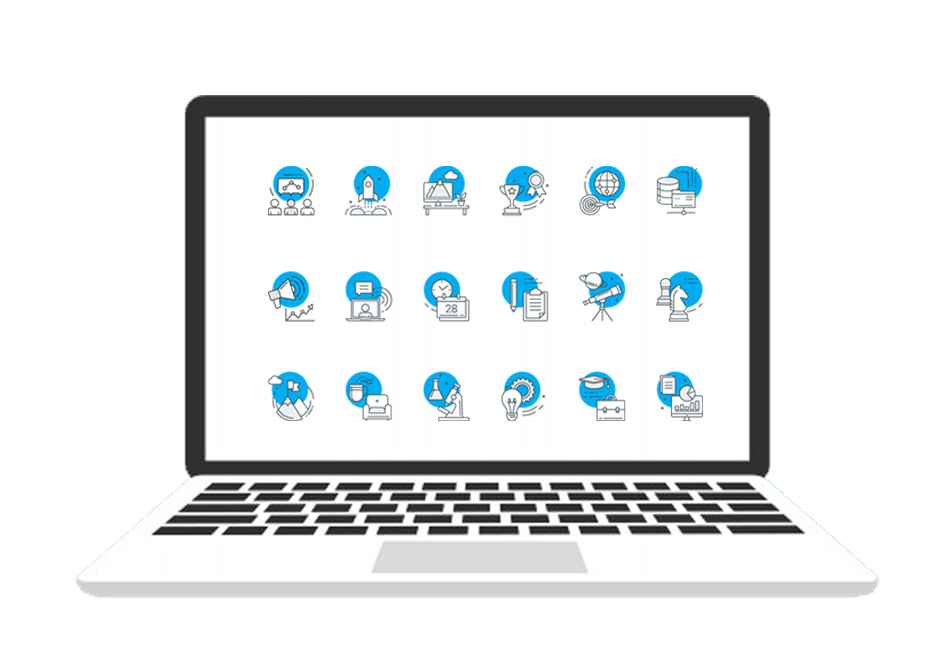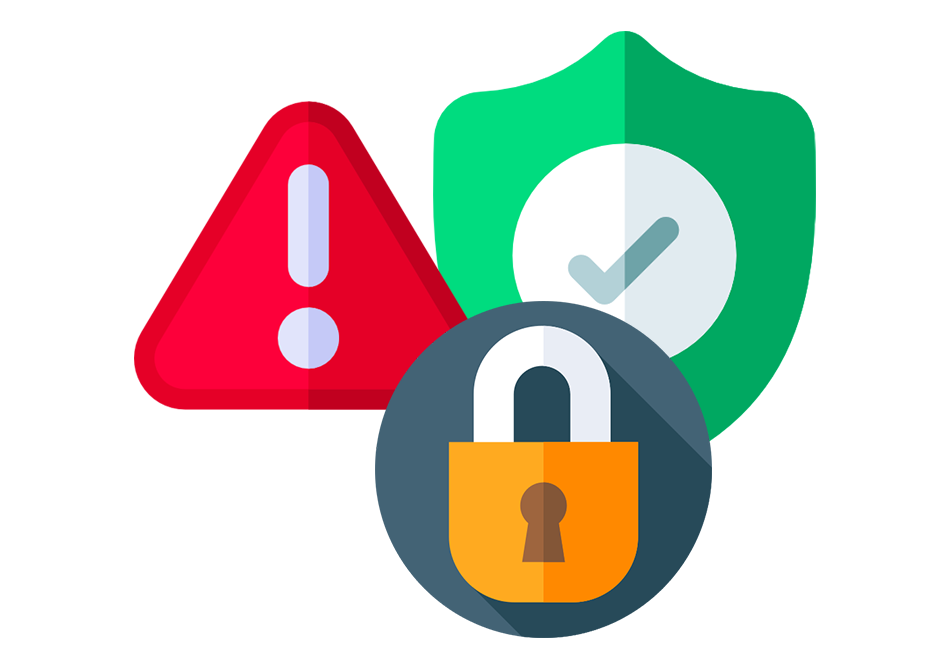MAKE I.T. SIMPLE FOR YOU
THE INTELLIGENT PERFORMANCE APPROACH
Our expert IT team, and our innovative solutions, drive the digital transformation of all organisations with a personalised, customer-based approach.
The modern workplace has seen changes in how communication, data sharing and security, software use and infrastructure have been used, and there is now an enhanced need to be able to build and protect IT systems, develop policies and troubleshoot remotely.
We can help you to assess how what you have in place can be improved, support you in working at optimal efficiency and establish practical policies and practices to future proof your business, no matter what happens next.
SERVICE LED
However you’re in need of professional IT assistance, we’ll be looking to provide the service that is ideally suited to your business, industry and workforce.

THINK DIFFERENT
We know one size doesn’t fit all. We think outside the box to ensure your IT solution fits around you, not the other way around.

GROWTH
No business stands still; we know that despite challenging times, every business is looking to grow. We’ll future proof your IT solution to enable it to grow with you.

DEDICATED TEAM
Our team is passionate about helping small and medium size businesses run efficiently; taking the worry out of managing IT to free business owners up to focus on their company.
ADVANCED IT SOLUTIONS
Leading Industry Specialists
We are leading specialists, and leaders, within the industry offering a wide range of support, services and innovations to solve our client’s needs.





ADVANCED IT SOLUTIONS
PILLARS OF IT SERVICE
At Intelligent Performance, our company ethos values build market leading and practical IT Solutions, specifically for your business.
FIND BUSINESS IT SUPPORT SOLUTIONS
STAY FOCUSED ON YOUR BUSINESS
Whatever your small to medium size business needs, we’re certain that we can give you an IT solution package that gives you everything you need, with nothing that you don’t. Get in touch to find out more.



